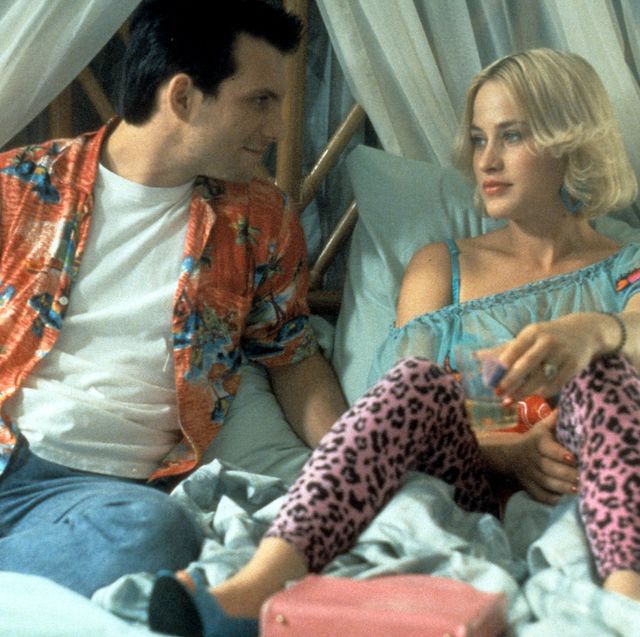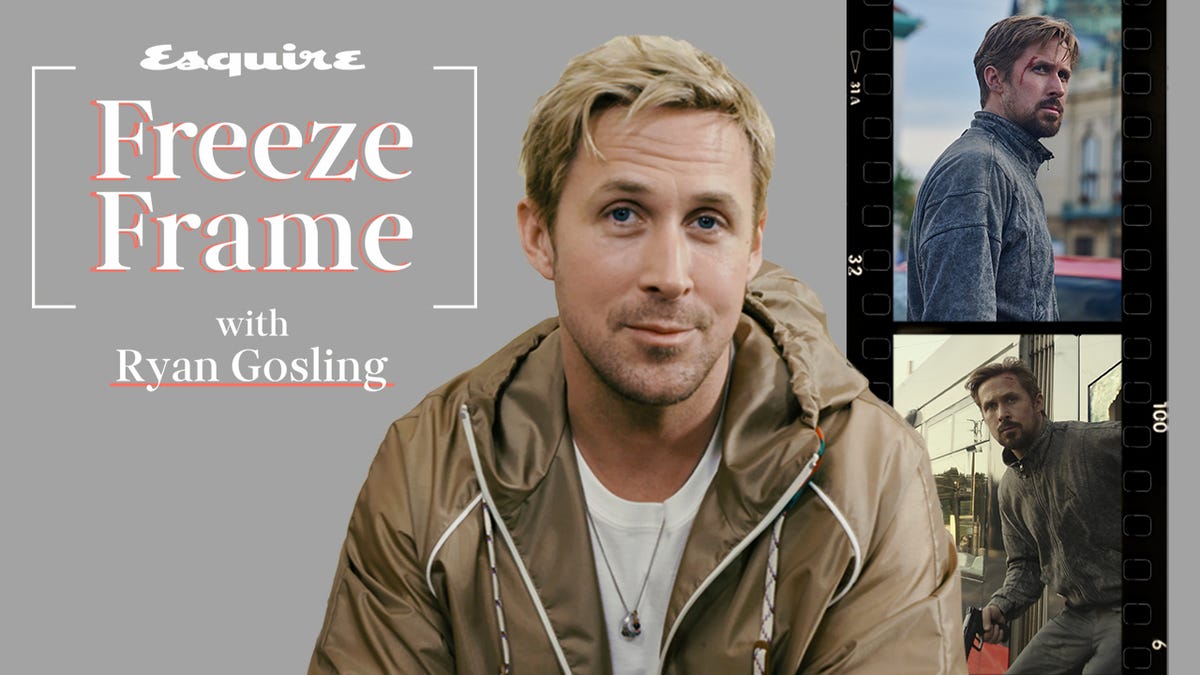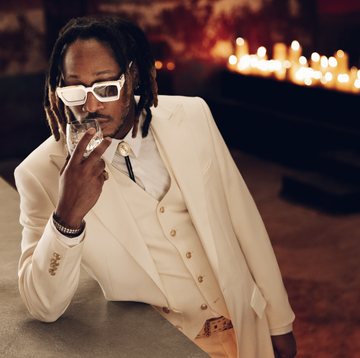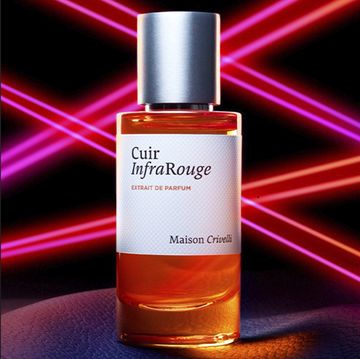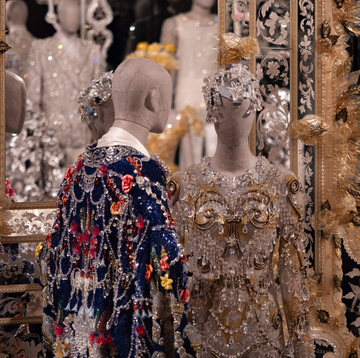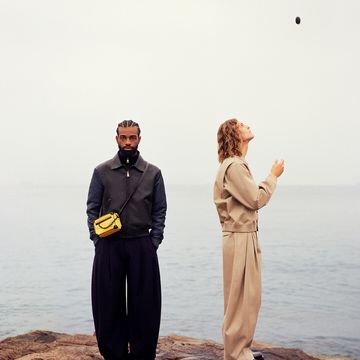To say that Pulp Fiction is a great film is like saying the weather is nice on a sunny day: both statements so obvious as to be devoid of meaning. We’ve collectively praised Pulp Fiction for almost three decades, to the point that it’s long ceased being the edgy outsider it once was. Like having The Godfather at the top of your Letterboxd page, deifying Pulp Fiction at the expense of other films speaks less to your cinematic refinement, and more to your lack of it. In 2023, memorising the entirety of Ezekiel 25:17 has never been more cliche.
Not so, for True Romance, the Tarantino-penned, Tony Scott-directed crime epic released just thirteen months before its more celebrated cousin, in September 1993. The film follows kung-fu obsessed Clarence Worley (Christian Slater), and sex worker turned wife Alabama Whitman (Patricia Arquette) as they fall instantly in love, acquire a drug dealer’s stash of cocaine, and light out from Detroit to Los Angeles to figure out how to sell it, crossing paths with the Italian mob, a stoner Brad Pitt, and dodgy film producers along the way. Lighter in tone than Pulp Fiction, and brighter in colour palette, it’s an achingly stylish film.
Like Terrence Malick’s Badlands (to which True Romance pays homage, least of all in its floaty theme music), this is ostensibly a love story. The central (and titular) romance is pleasantly endearing even though, in crime films, love isn’t cool. Likewise, Clarence isn’t a cold, foot massage-giving hitman, he’s a dork who lives above a comic book store. He isn’t a ‘bad motherfucker’ but wants nothing more than to be one. There’s nothing cool about his Hawaiian shirts and Elvis shades, or Alabama’s trailer park leggings, but that’s why the film works so well: our protagonists are fuck ups in way over their heads, but mostly having a blast while they’re at it. It’s fun. It’s ‘90s nerds gone wild, not washed-up boxers correcting their girlfriends about motorbikes, or pony-tailed killers doing heroin.
Which isn’t to say True Romance doesn’t lean into the coldest elements of the crime genre. Christopher Walken, Gary Oldman and Dennis Hopper are suitably hard-boiled in their respective roles as mobster, pimp and retired cop/Clarence’s father. The purposefully problematic scene of Hopper squaring up to Walken and his men is one of the most brutally offensive monologues committed to film. The final shoot-out is a masterclass set piece, and an early James Gandolfini makes a terrifying henchman.
No, True Romance isn’t as culturally impactful as Pulp Fiction. It doesn’t have the catchphrases, the soundtrack, and there isn’t a gimp in sight. But it does have heart and warmth. From the implausible love story to the sunset ending, True Romance is a fairytale, a heightened take on the tired crime tale, and infinitely more stylish because of it. ‘You’re so cool’ Alabama writes on a napkin towards the end of the film. Reading it, Clarence seems surprised, but, after all this pair has been through, we can’t help but agree.
